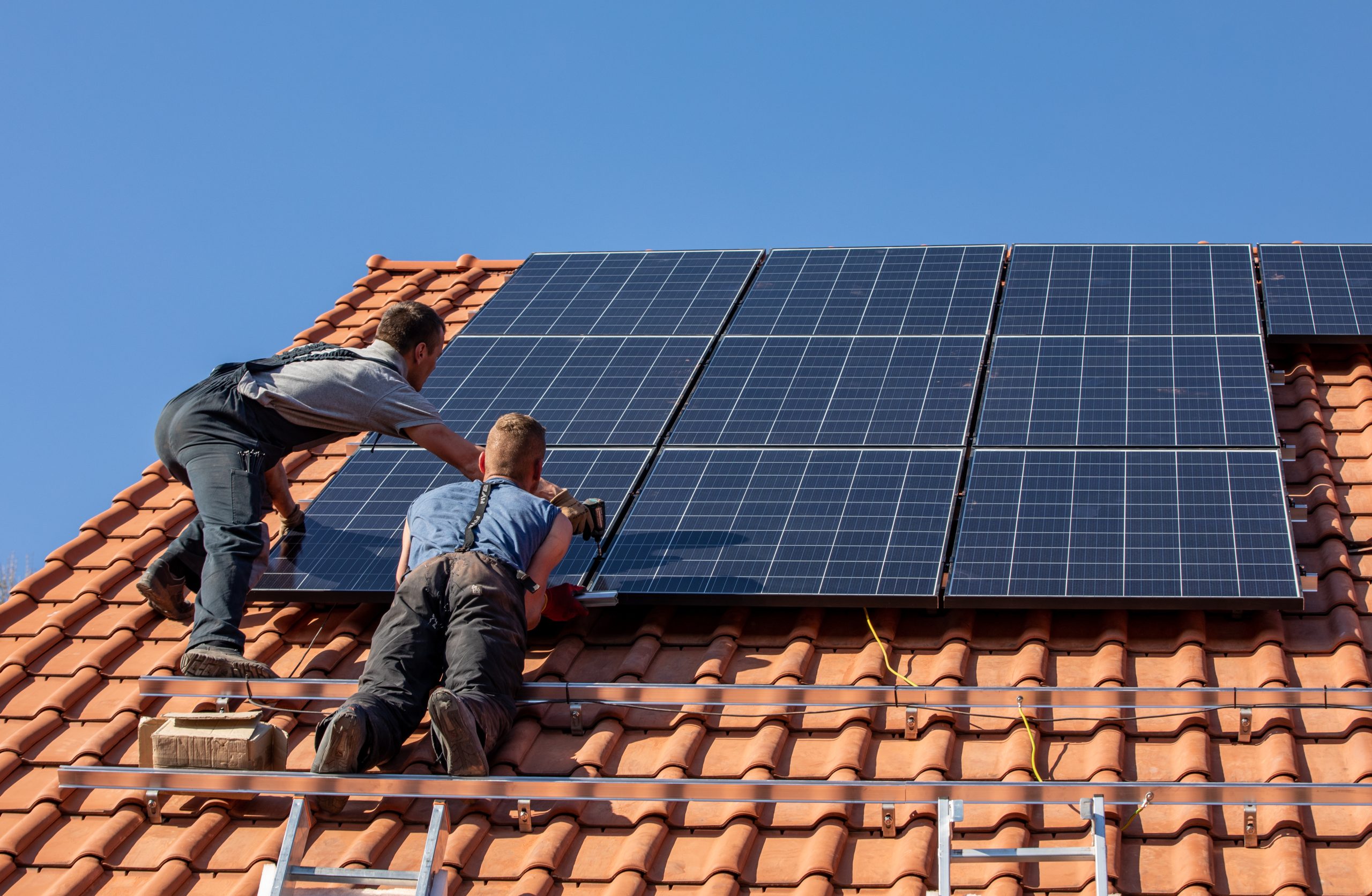How is Renewable Technology Enhancing Cambridge Homes?

Work has started on 70 new low-carbon council homes designed to Passivhaus standards in Cambridge. How is renewable technology being used to meet the requirements of its local people?
Cambridge Investment Partnership (CIP) is a partnership between the city council and developer, the Hill Group. It is currently building homes at a site on Aylesborough Close in the city’s Arbury ward.
The development is replacing 36 ageing homes, which are said no longer meet the requirements of residents, and fall significantly short of current space standards with very low energy efficiency ratings.
CIP is aiming to cater for the lives of its tenants
Councillor Gerri Bird, Executive Councillor for Housing, and a CIP Board Member, explained that building homes that focus on resident’s needs is crucial: “I am delighted to see work starting at Aylesborough Close which will provide our residents with more council homes in the city.
“Whilst we ensure that we are building sustainable new communities and providing green open space and leisure facilities across our developments, its also important that we ensure that our homes are healthy and improving the quality of lives for our tenants. Aylesborough Close is doing this.”
Arranged in three low-rise buildings, the development features a range of one-, two-, and three-bedroom apartments.
This includes wheelchair-accessible homes, and private outdoor space for each of the homes in the form of a terrace or balcony.
In addition to this, each apartment has been designed to provide residents with comfortable living spaces with excellent air quality and reduced running costs.
To achieve the optimum balance of natural light without concern for overheating, each home will be well insulated and feature high-performance windows, underfloor heating, air-source heat pumps, mechanical ventilation and heat recovery, and photovoltaic solar panels.
A fabric-first approach is being used to help residents reduce their energy usage
Set within a landscaped environment, existing green spaces along the edges of the development are being enhanced, and a dedicated residents’ garden, play area, and horticulture area will be incorporated.
Additional landscaping of new trees, mini meadows, and planting is intended to deliver a 20 per cent biodiversity net gain.
Furthermore, the integration of green roofs, rain gardens, permeable paving, and attenuation tanks will support the sustainable management of surface water.
Tom Hill, Managing Director at the Hill Group, expressed that the collaboration is helping to boost the transition to seeing Cambridge and beyond become more sustainable.
He said: “Aylesborough Close is an exciting development for the partnership as we continue to replace underperforming, ageing properties with additional high-quality low-carbon homes across the city.”
Continuing, Tom explained that a fabric-first approach will be used to build the homes: “Through a fabric-first approach and the integration of renewable technology, these new homes will provide sustainable, renewable energy solutions.”
This benefits residents by reducing energy usage and improving indoor air quality, offering additional health advantages.
By using a fabric-first approach, the homes created will require less maintenance than if standard materials were used.
Also, concentrating on the materials at a fabric-first level means that carbon emissions are reduced because there is less dependence at later stages on mechanical or electrical systems.
Seeing projects like this implement a fabric-first approach, renewable technology, and put its local community first are key to ensuring that not only the current housing demand is tackled but energy efficiency is being integrated at the beginning.

